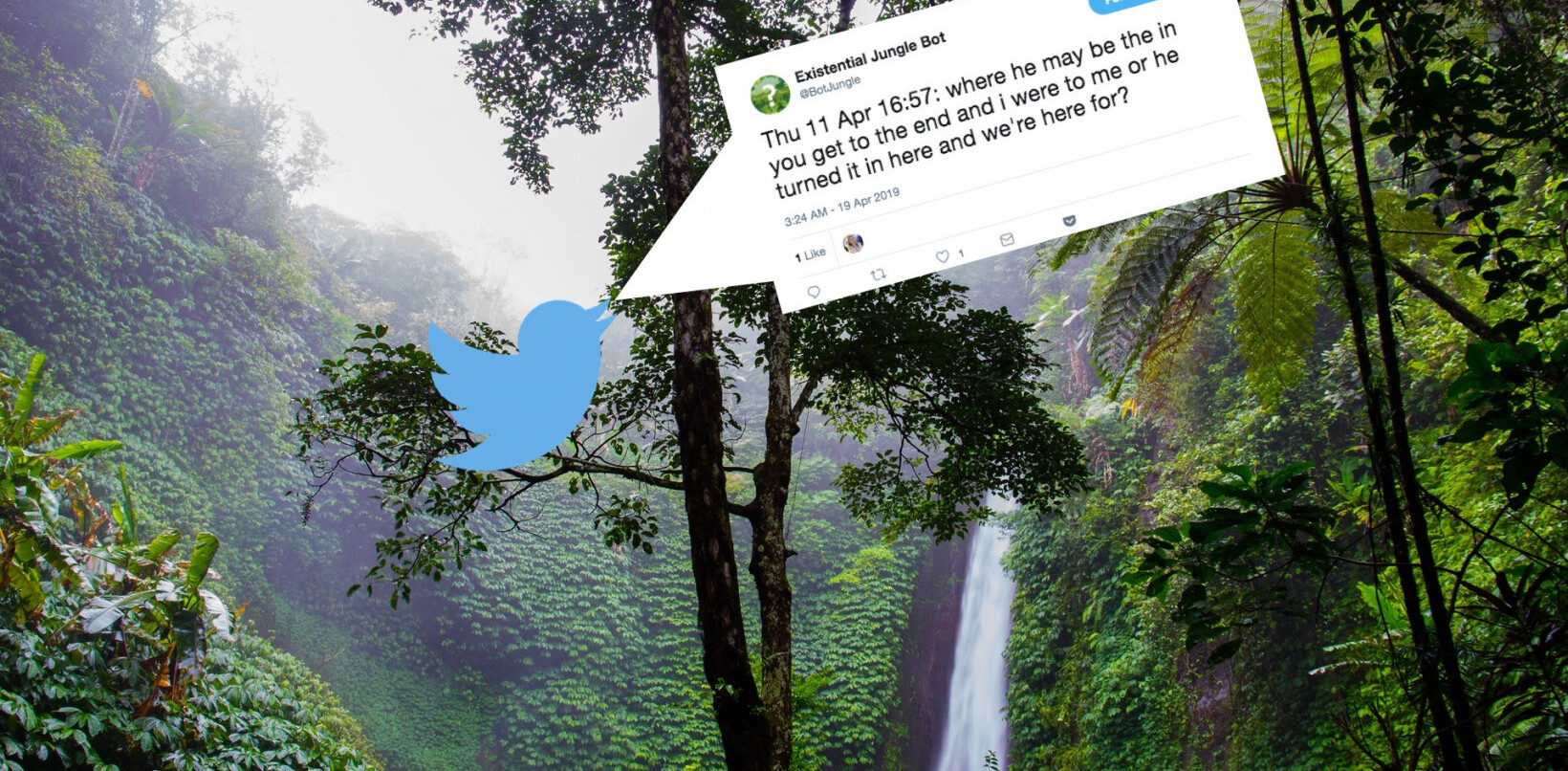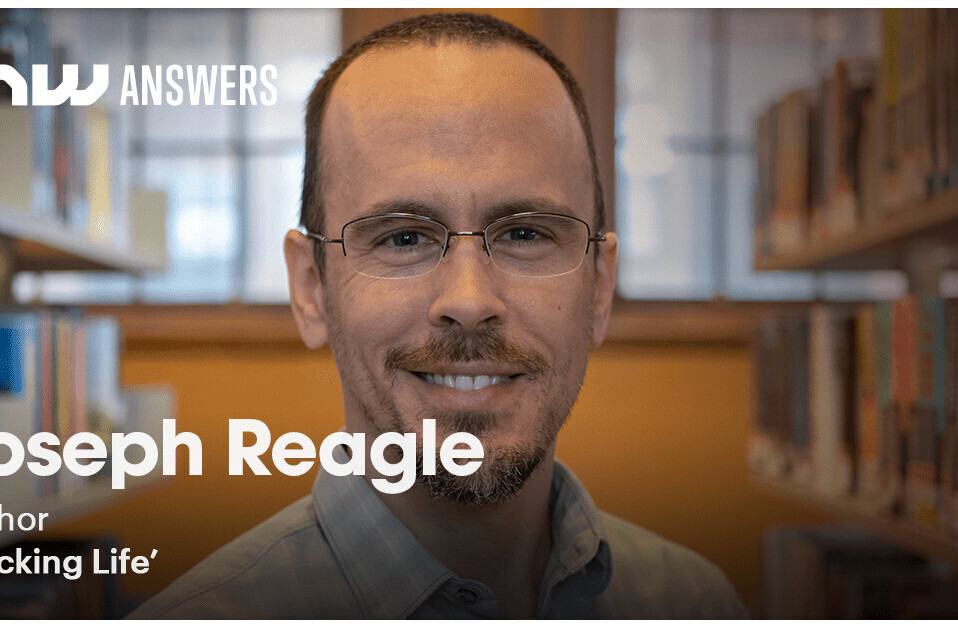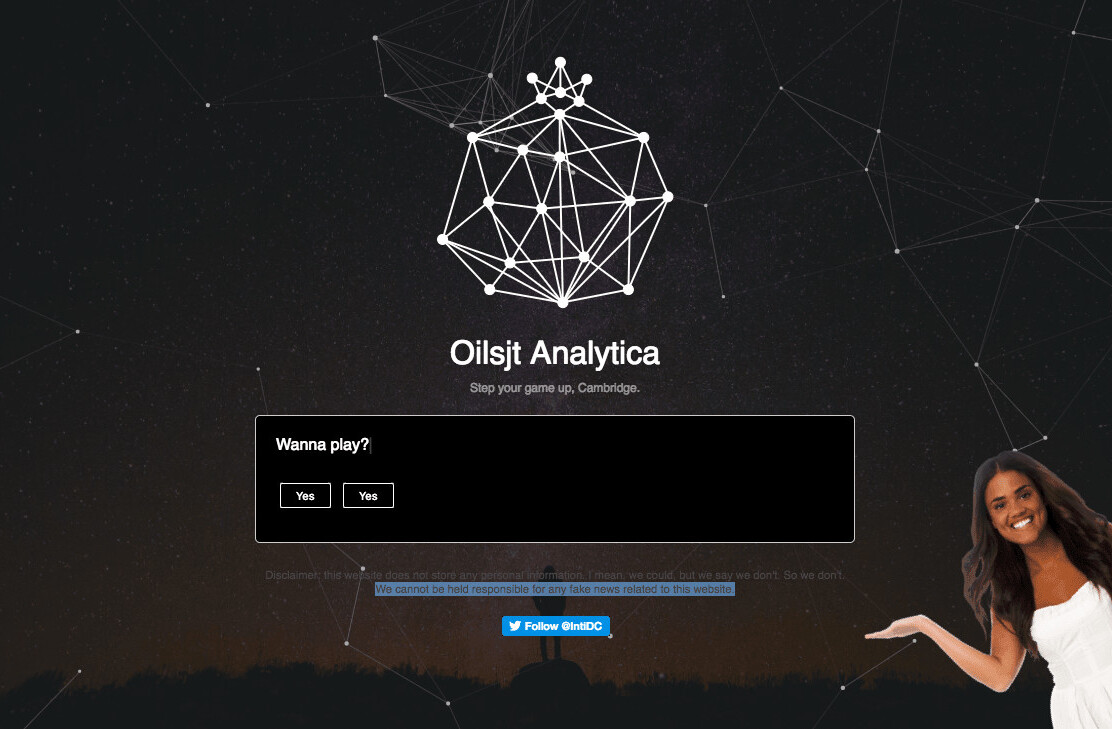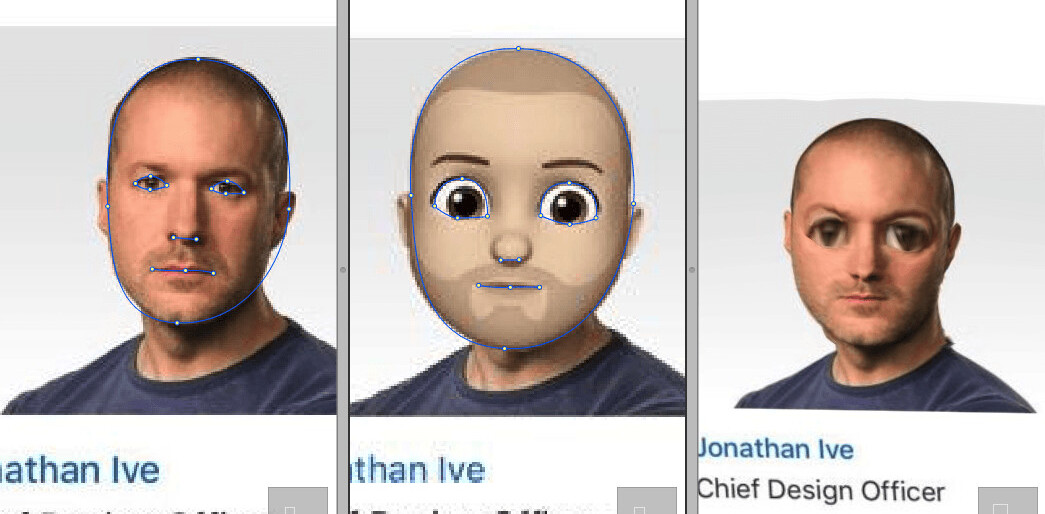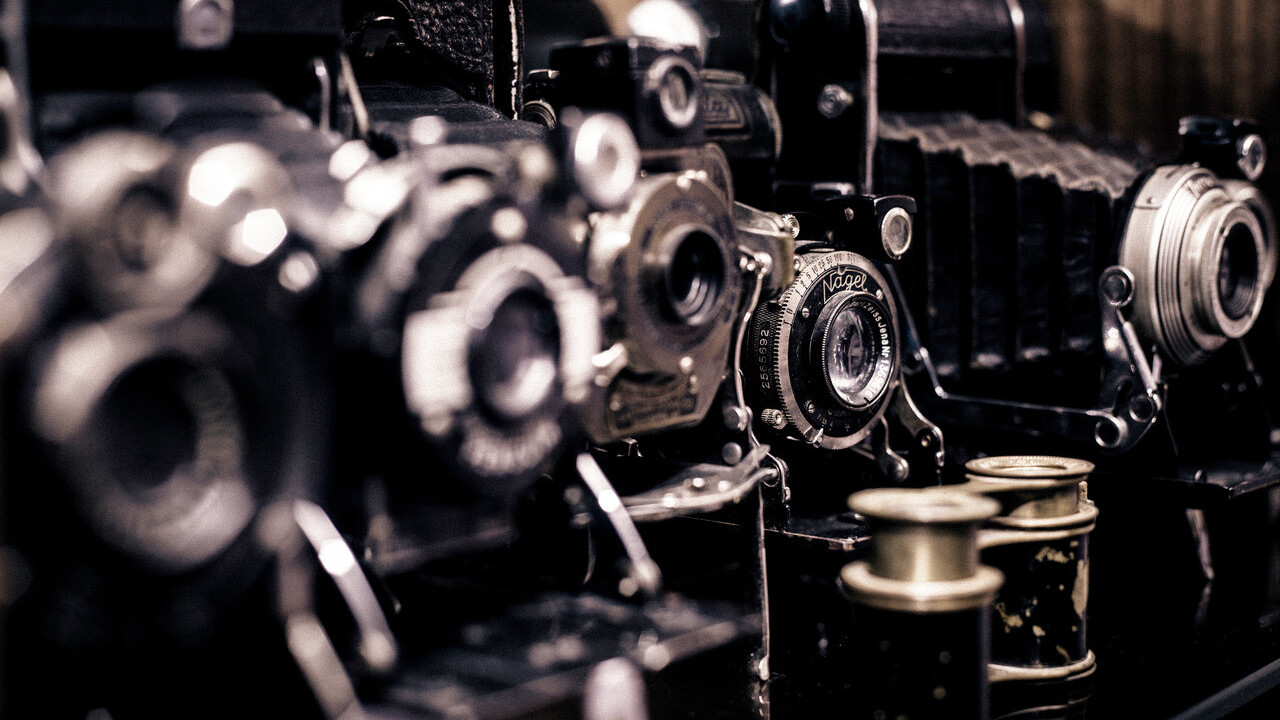
This post originally appeared on the Crew blog.
I did it.
I bought the sewing machine, a dress form, a table—everything. I’m going to teach myself how to sew.
The only problem? I have no idea where to start.
I’m the person that buys the new thing and immediately dives into the most difficult possible project. This is usually followed by immense frustration and sometime after that—quitting.
Well, not this time. This time I’m going to do it right. In order to do that, I wanted to understand a bit more about what I can do to promote the best possible learning experience. Hopefully what I found out can be of use to you as you begin to tackle something new in your life.
Tip 1: Know how you learn
You know how in cartoons the really smart characters always had obscenely big heads to house their incredibly intelligent brains? Okay, so we know that’s not how real intelligence works, but certain areas of your brain do expand while you are in the process of learning something new.
Some neuroscientists believe this occurs when your brain is trying to solve a problem it doesn’t know the answer to. Your brain (or more specifically your cortex) doesn’t necessarily know which area of the brain is best equipped to solve the problem or learn a new skill. So it recruits a good portion of the cortex, like a search committee, to hunt for the answer. When this happens, your cortex expands.
To make the most out of your time spent learning, space it out.
Popular convention, or perhaps all those nights spent cramming for tests in college, might have you believe that those short bursts of study time are the best.
Research shows that spacing out your studying over a period of time is actually the best way to enhance your memory of the material.
In fact, if you want to remember something for 5 years, your best choice is to space out your periods of study around 6-12 months. That seems completely counterintuitive but doing this helps the brain build a sturdy foundation for knowledge.
When your brain has finally solved a problem, the cortex will once again contract. The skills that we acquired during that learning period remain. And because the brain work this way, it means making mistakes is vital to the learning process.
Tip 2: Get comfortable making mistakes
You may as well get used to making mistakes right now because when we learn something new, we can’t help but make them. Our ability to make and learn from our mistakes is essential to acquiring a new skill and even to our very evolution and survival.
The brains medial frontal cortex (located in the frontal lobe) monitors negative feedback, action errors, and decision uncertainty—it’s perfectly suited to process our mistakes. The frontal cortex adapts based on negative feedback or diminished rewards and it does that through… yes, you guessed it, dopamine!
Dopamine is the chemical responsible for things like our pleasure and arousal. When you do something correctly certain dopamine receptors send reward signals to your brain. This opens what is known as the Go pathway, and engages your frontal cortex and facilities further action.
This also encourages synapse plasticity (a nice word for learning) and helps to teach the neurons to repeat that same excited activity the next time you encounter that task.
If you make a mistake or receive negative feedback, the NoGo pathway is engaged. When we don’t receive that anticipated dopamine from trying something new or completing a task (et al.) the synaptic plasticity of the NoGo pathway is activated. This basically means you’re training your brain to not make similar mistakes in the future.
“Human beings are works in progress that mistakenly think they’re finished.” —Dan Gilbert
I love that quote by Harvard psychologist and author Daniel Gilbert. If you believe that your work is done, that everything is finite (including your intelligence) what purpose would you have to learn anything new? We are in a constant state of flux and that itself should excite you.
When we make a mistake, we essentially have two ways we can respond:
- Wake up call: we see the negative outcome as a call to action and seek to change it by diverting more of our attentional resources to finding a solution.
- Shut down: sometimes we can see our mistakes or errors as a threat, we choose not to focus on the mistake as a way to protect ourselves. The downside of that? Our attention plummets.
When you choose option one what you are saying is this, “I have the power and the ability to improve—with effort I can overcome these challenges.” This is what is often referred to as the growth mindset. This is what you want!
If you make a mistake don’t freak out, don’t give up. Realize that everyone makes mistakes and that by doing so, you are actually training your brain to make the same ones in the future. Without mistakes, we simply would not be able to learn or grow.
Tip 3: Save the coffee for later
Before you pillory me, just hold up for a second. I’m not saying you can’t have your legal liquid cocaine substitute. I love coffee, this is generally how I drink it:
Caffeine excites us. Well, not really. Caffeine enables the neurotransmitters dopamine and glutamate to do the exciting by mimicking adenosine—which is responsible for slowing down nerve cell activity and making you feel sleepy. Caffeine, however, has no desire to slow you down.
We’ve all read the studies about how caffeine could help us live longer, improve our memory—it is the silver bullet that will fix all our problems. But how useful is it when it comes to helping us learn and recall information?
It’s not going to possess you with magical skills and it won’t unlock hidden fountains of intelligence inside of your brain. Caffeine can help with certain types of learning, and certain kinds of memory recall—but there are caveats. Caffeine appears to help us the most when we are acquiring information passively, it doesn’t help us at all when we are doing intentional learning.
A recent study by Johns Hopkins University suggests that it might be better for us to hold off on coffee until after we are done learning a task. The researchers administered caffeine pills to some of the study participants after they had completed a task that required memorization.
Twenty-four hours later, the individuals who had ingested caffeine were able to recall the photos they had seen more accurately than the individuals who had ingested the placebo. This may occur because caffeine increases the production of the neurotransmitter norepinephrine—which is usually released in stressful situations and helps memories form.
If you really want to maximize your learning time, it may be best to save the coffee for later. In fact, if you really wanted to improve your learning and memory, skip the coffee altogether and take a short nap.
Sleeping shortly after learning something new aids in memory formation by strengthening the synapses that you’ve just spent all that time forming in your brain.
“Now we know that when we learn something new, a neuron will grow new connections on a specific branch. Imagine a tree that grows leaves (spines) on one branch but not another branch. When we learn something new, it’s like we’re sprouting leaves on a specific branch.”—Wen-Biao Gan, PhD
Sleep helps to solidify what we have learned and it helps to clean out old memories from our brain to make room for the new ones. So perhaps when we are learning something our best choice is to sleep more? Now, that’s something I can get behind.
Understanding a bit more about how the brain learns and formulates memories somehow calms me. It helps remind me that we don’t learn everything all at once and that’s okay. In fact, that’s more than okay, that’s a good thing.
Take your time, make mistakes, and get some sleep—those are three simple tips that can help us no matter what we are learning.
Get the TNW newsletter
Get the most important tech news in your inbox each week.



